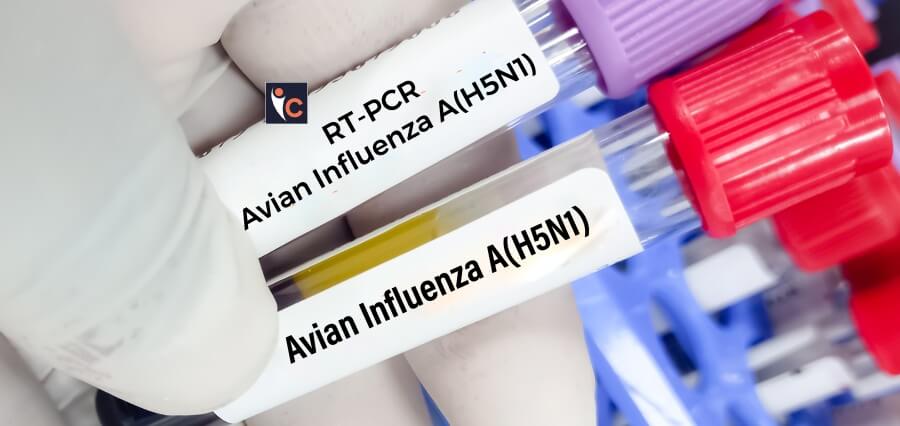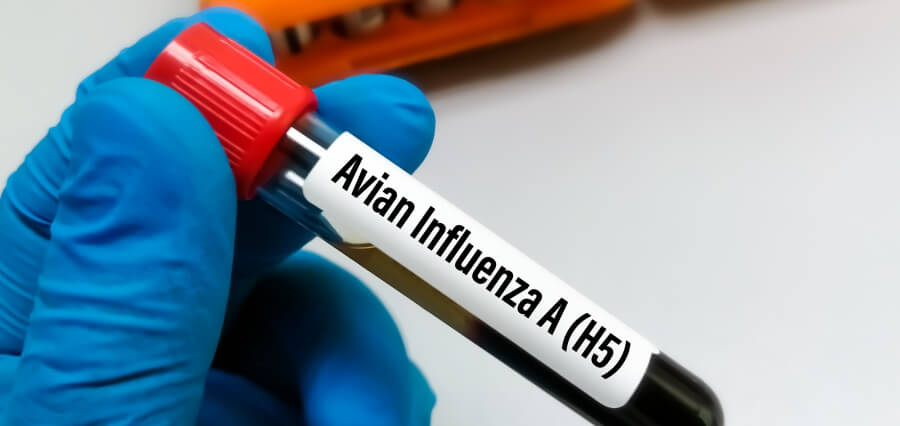Tumor formation is not induced by the transplanted cells, which is a frequent side effect of stem cell treatments.
A new update states that Duke-NUS Medical School researchers have created a stem cell treatment for heart failure that displayed excellent promise in preclinical studies. When pluripotent stem cells are implanted into a diseased heart, the therapy entails repairing damaged heart tissue and enhancing cardiac function.
By decreasing consequences like arrhythmias and encouraging the regeneration of healthy heart tissue, the novel method has the potential to revolutionize the treatment of heart failure. According to the research, transplanted stem cells were quickly assimilated by the body, leading to the formation of new heart tissue and an improvement in functional development, indicating that the protocol may be a reliable and secure method for cell treatment.
This technology, according to the researchers, moves them one step closer to developing a brand-new treatment for heart failure patients and has the potential to completely transform regenerative cardiology by delivering a safe method for repairing damaged heart muscles while minimizing negative side effects.
Congestive and heart failure patients may benefit from stem cell therapy, which has been studied as a potential treatment. Heart cells are one of the many cell types that stem cells can differentiate into. In individuals with congestive heart failure, stem cells have been found to improve heart function. It has been demonstrated that stem cells can promote the development of new blood vessels and heart muscle cells, enhancing cardiac function and blood flow as well as lowering heart inflammation.
| Read More news: Click here |









